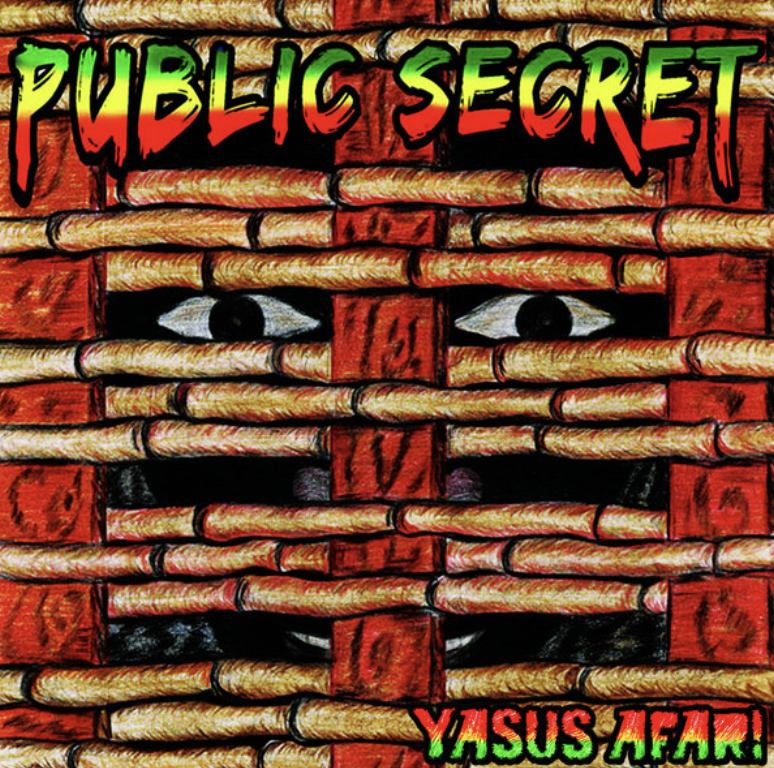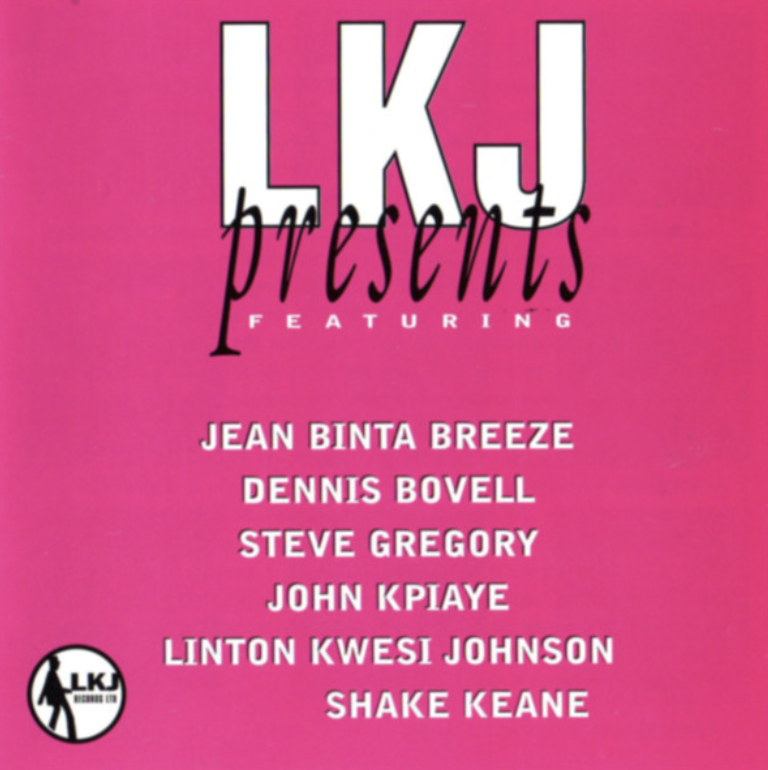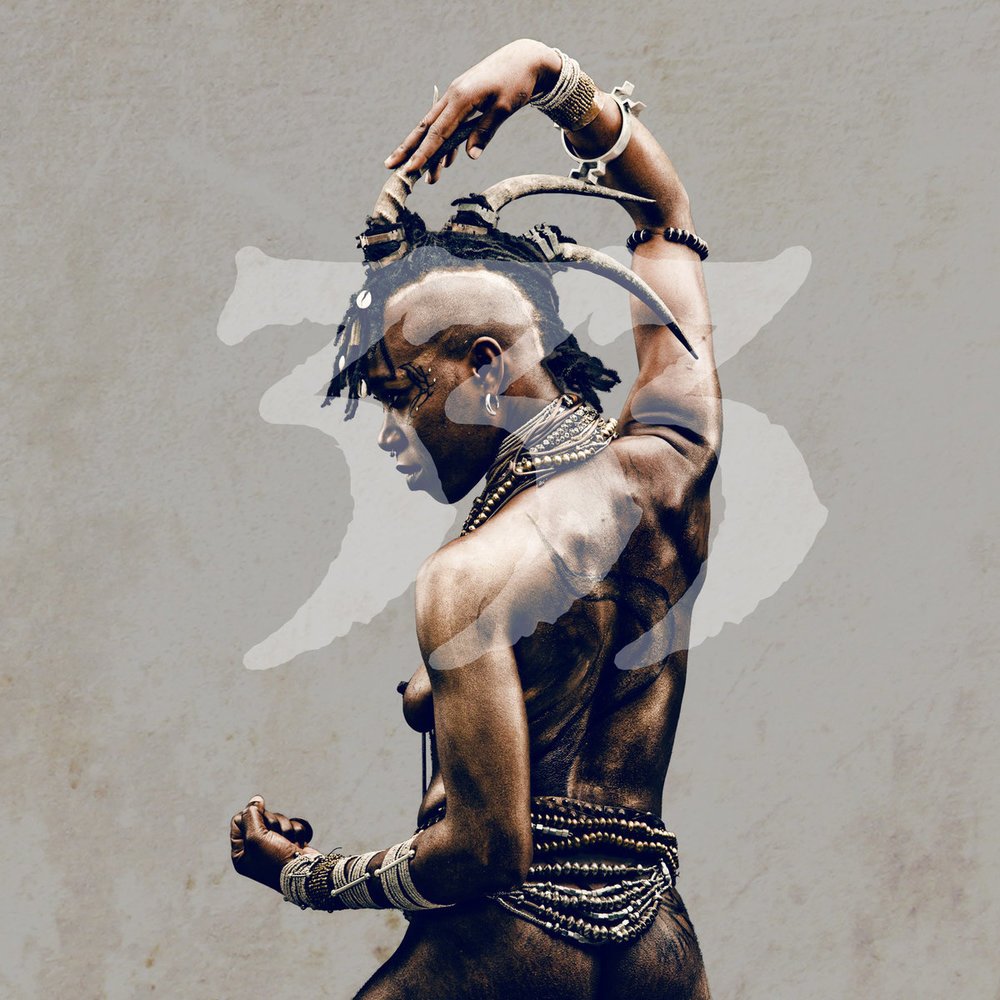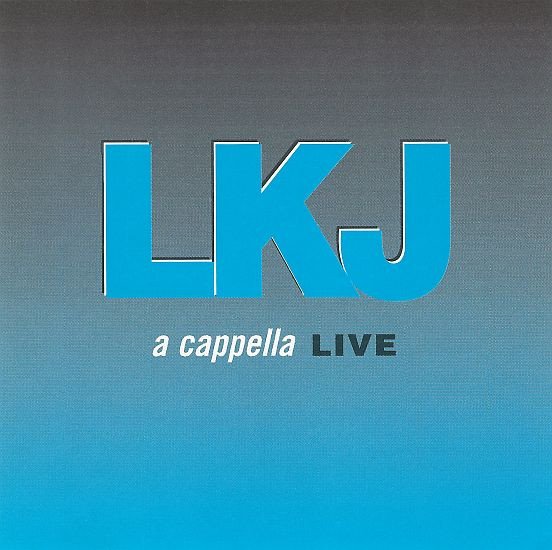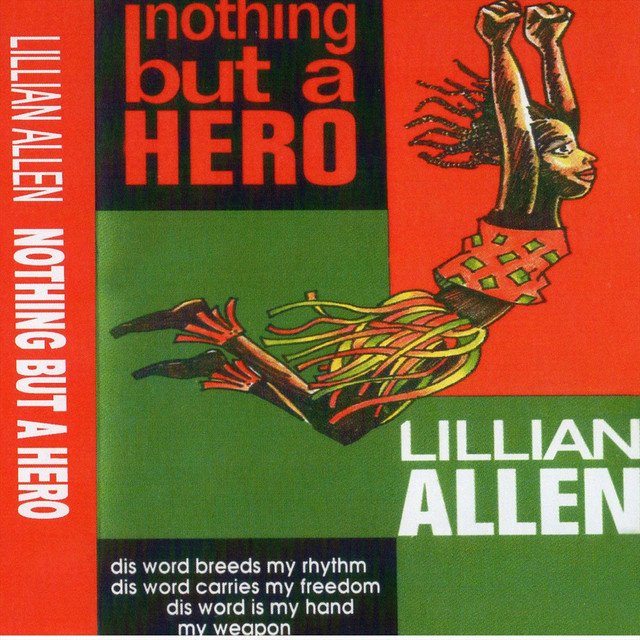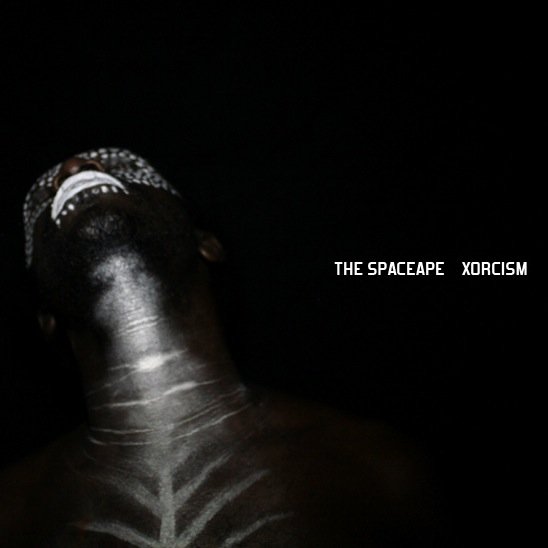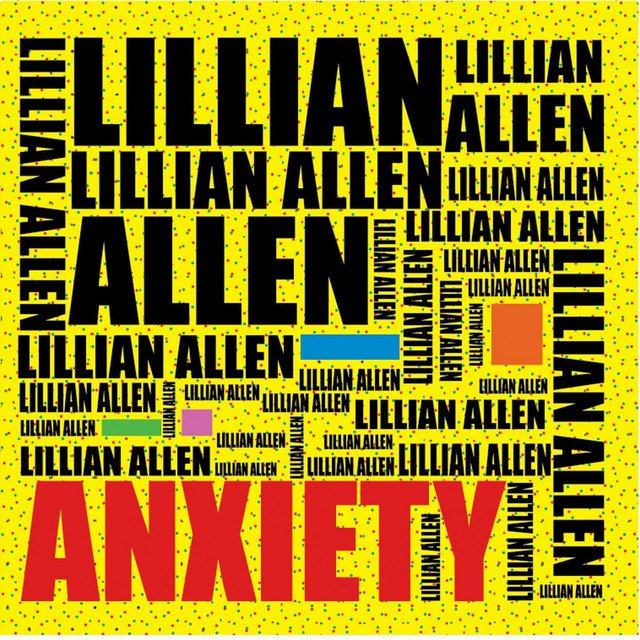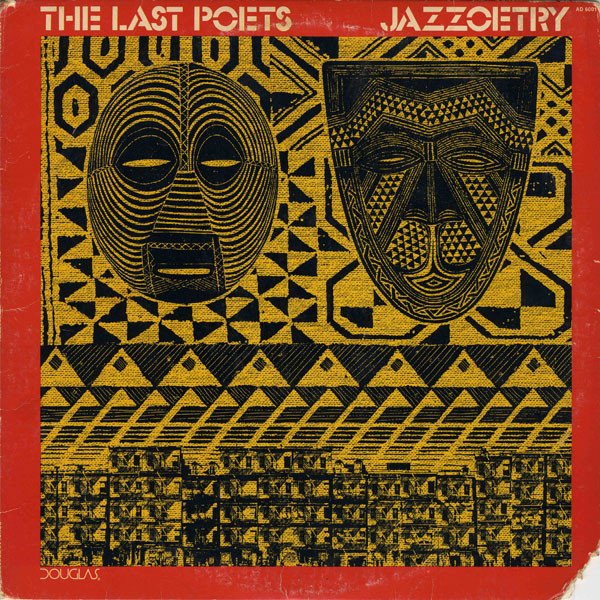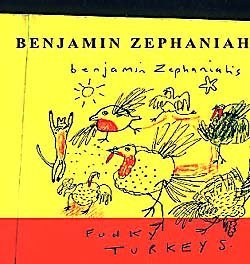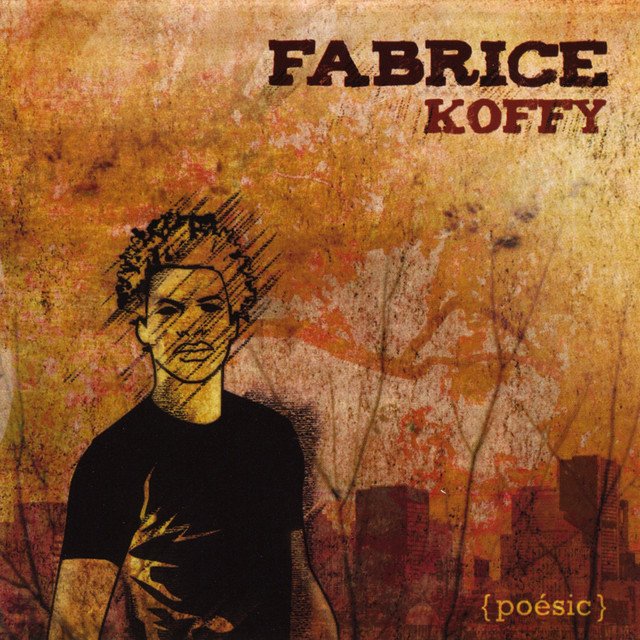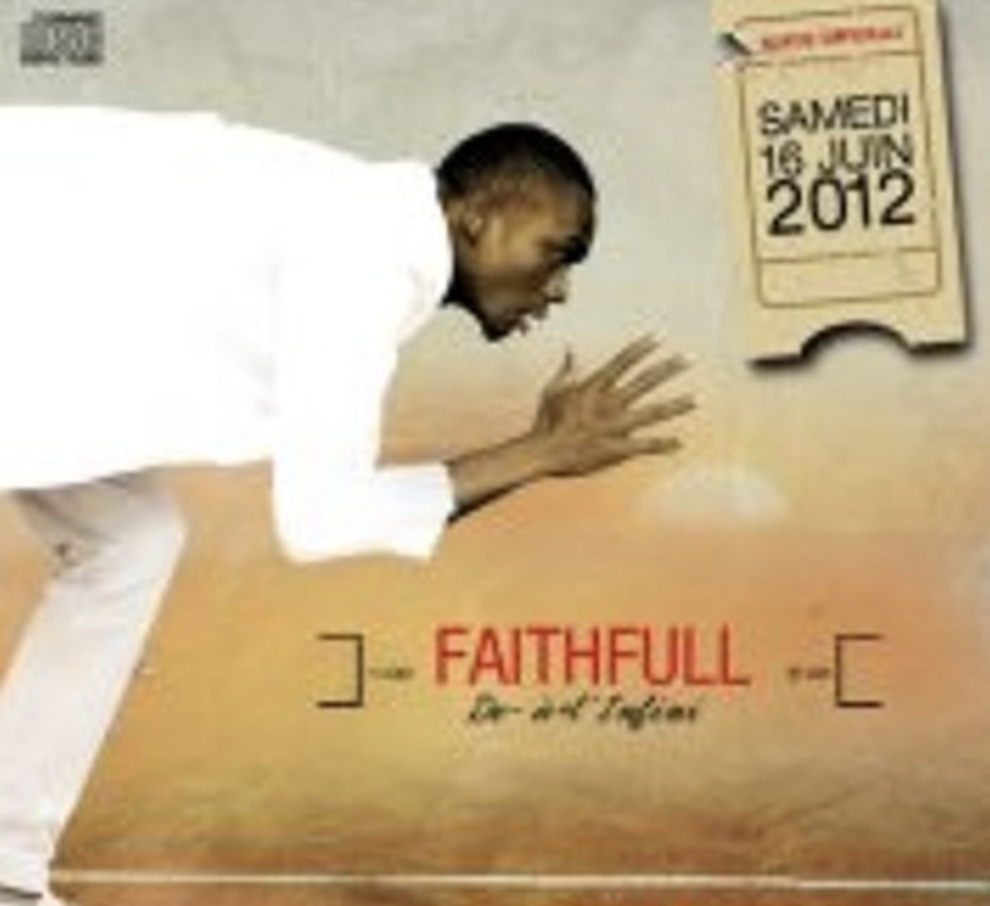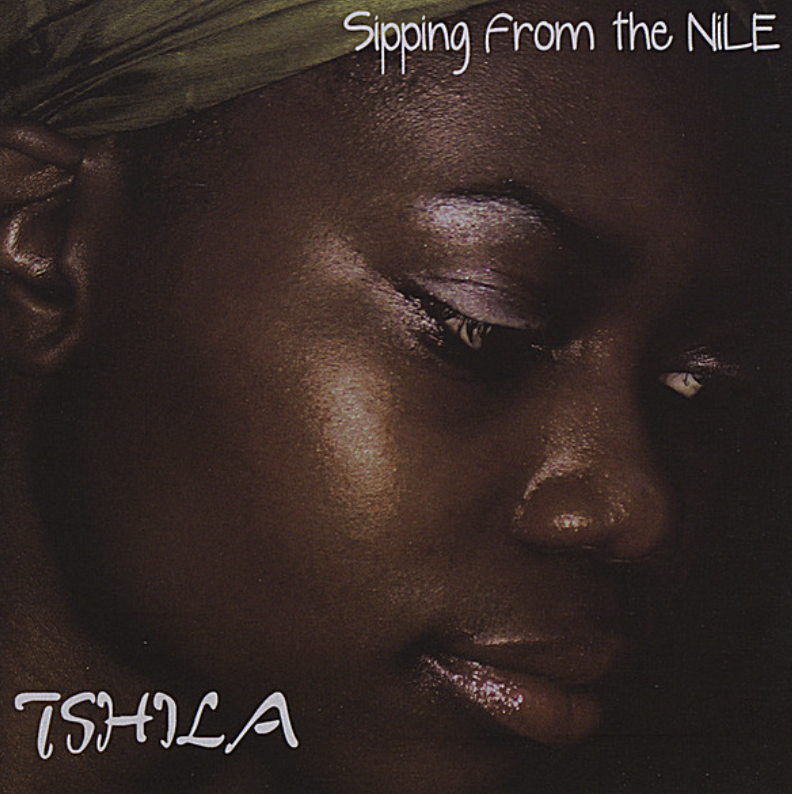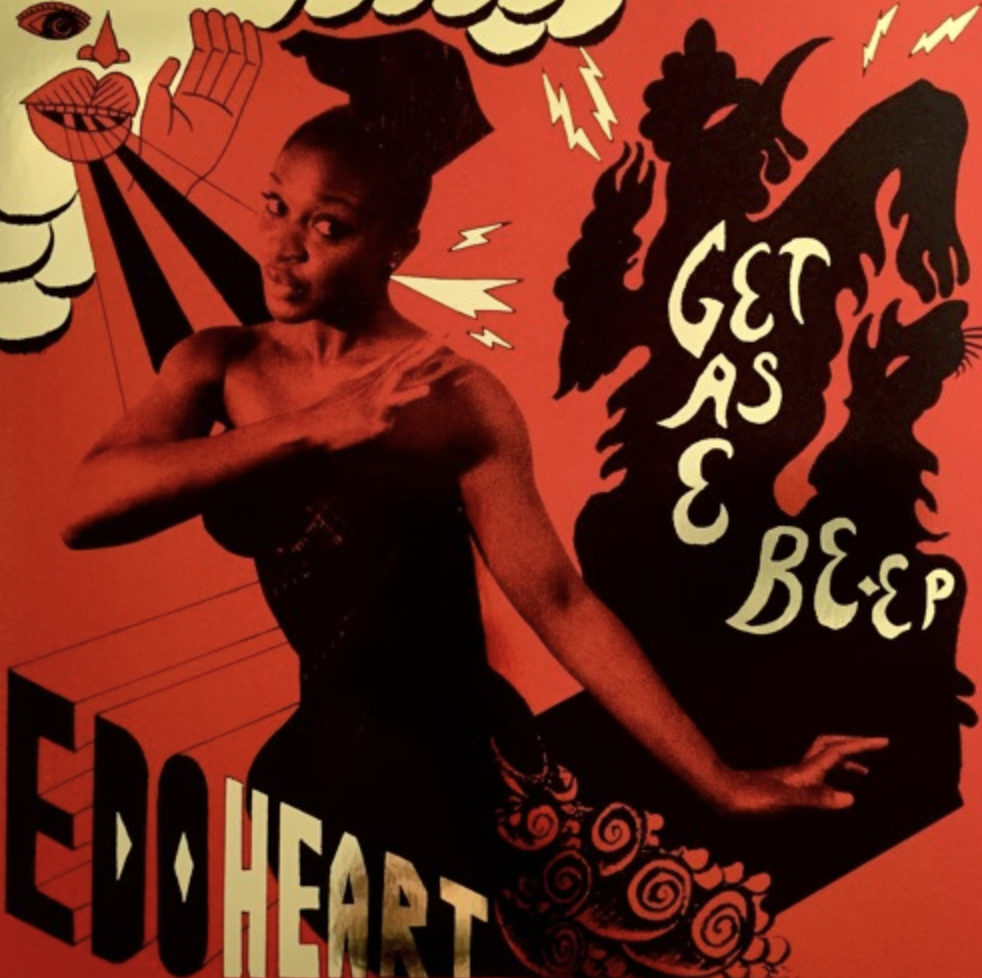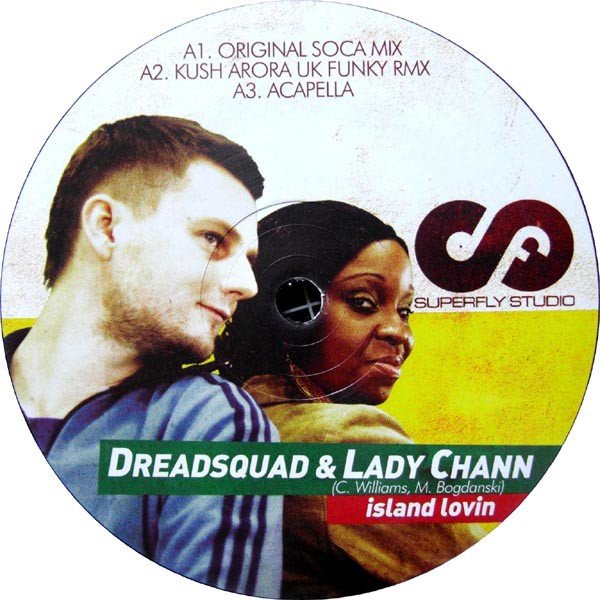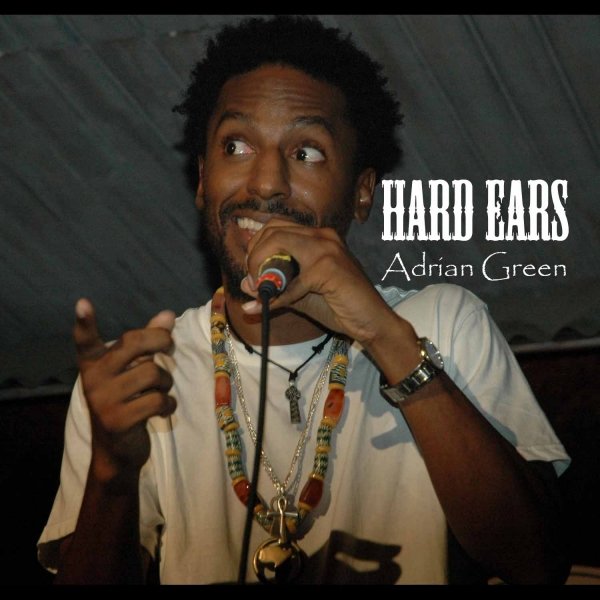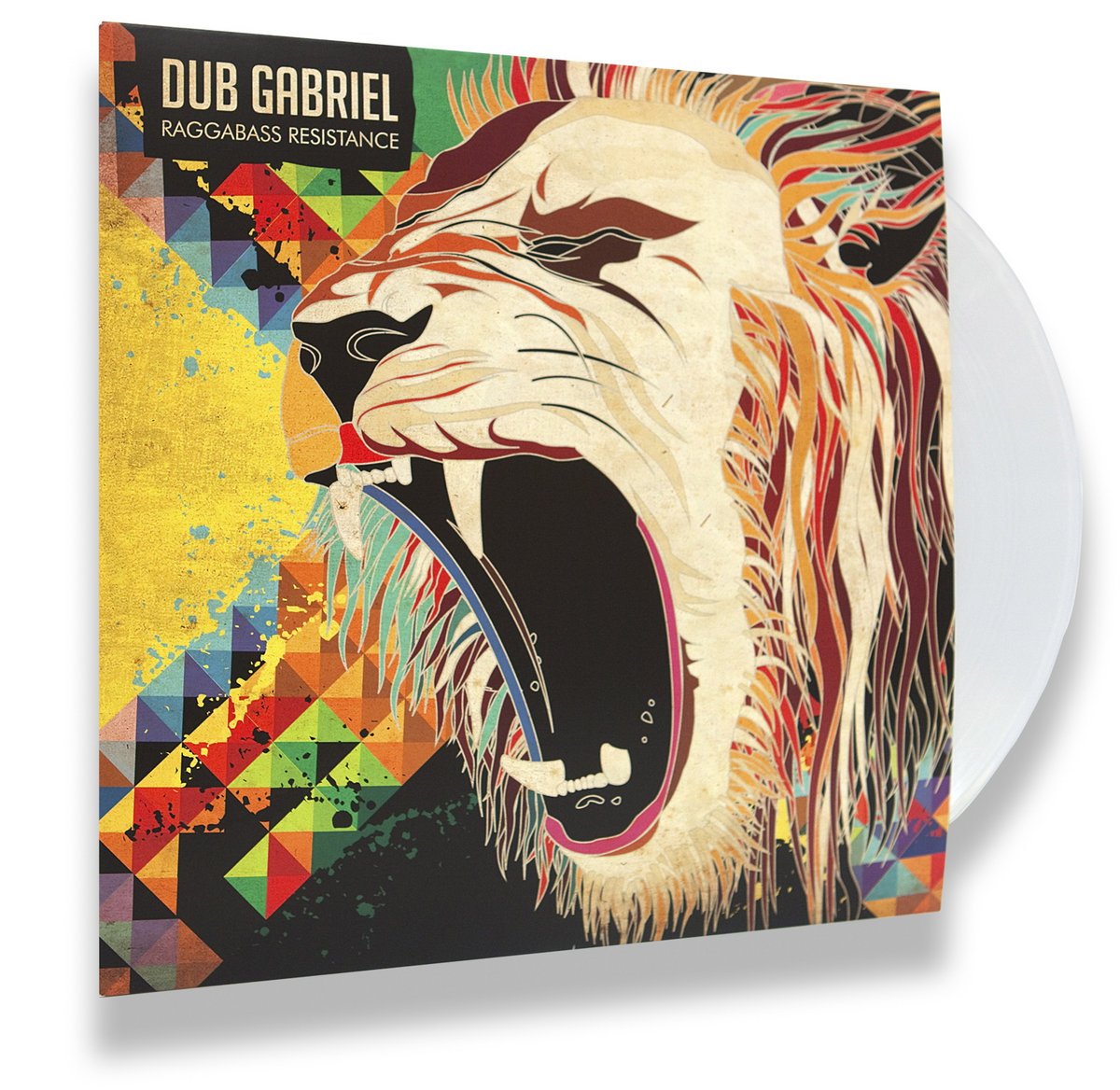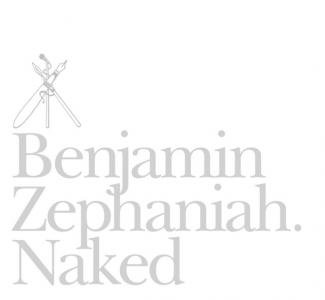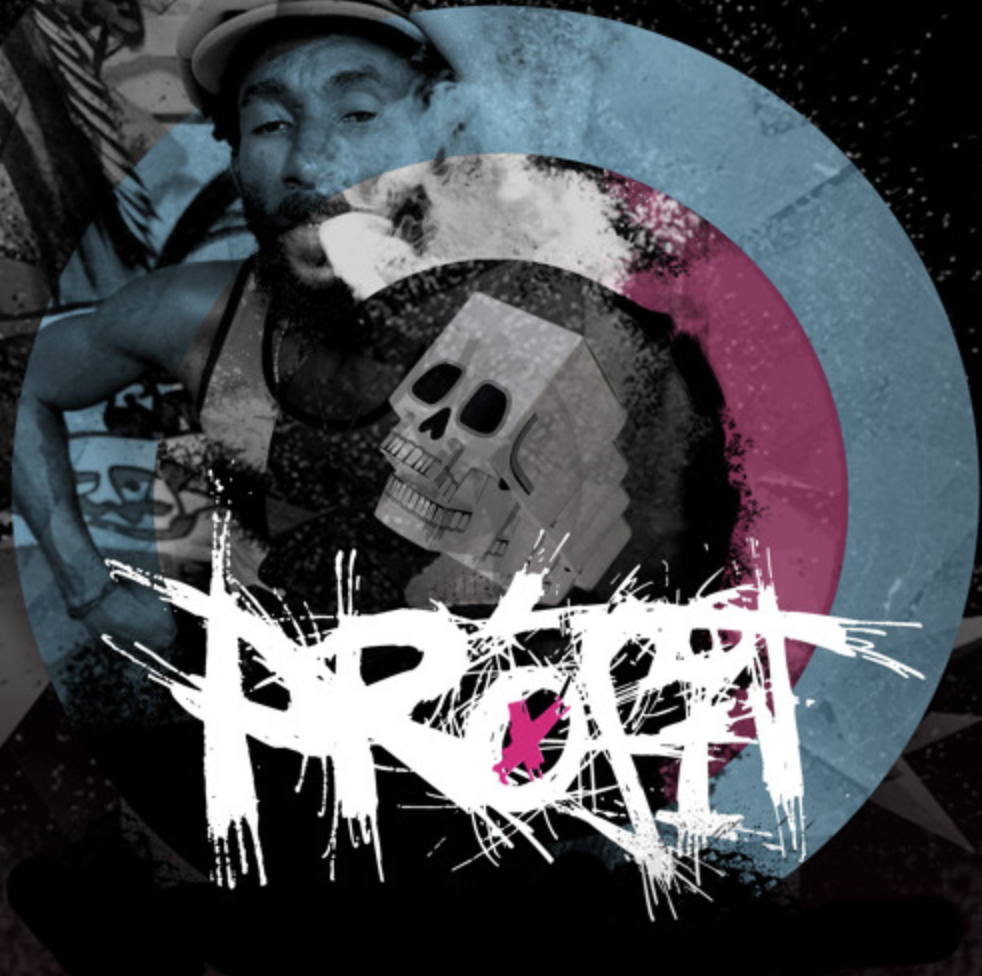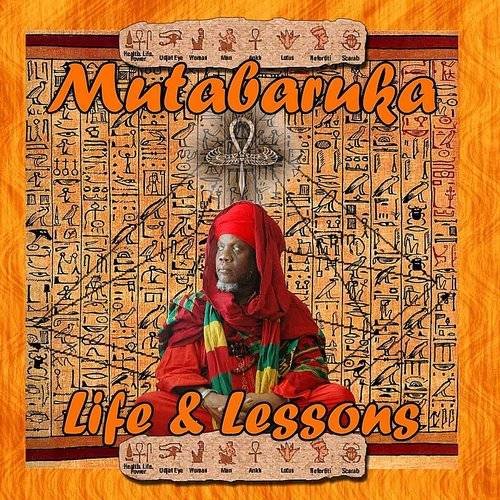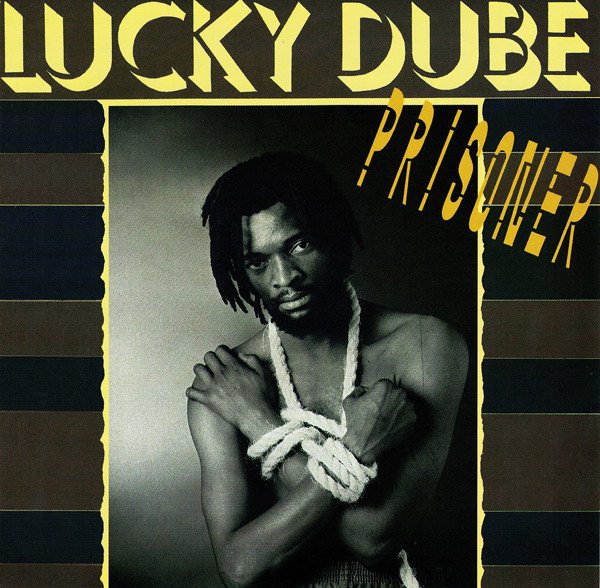La Danza Poetica #13 Poetree Caan Nyam
October marks 'La Danza Poetica''s first birthday - I posted the first podcast 'Ciao Bella' for Radio Groovalizacion from Italy last October, so the thirteenth edition marks a year of the show, and that feels good! So, I gave myself some leeway with the hour. LDP 13 takes a little longer to work the groove out - there was just too much goodness to cut it. I hope you enjoy!
LDP 013, 'Poetree Caan Nyam', aims to go deeper into the dub poetry groove. I wanted to really get into a poetic dance with this one. And if any poetry can be danced to, it’s this! We dive into the deep dub seas of Jamaica, and sail around the worldwide ocean of reggae dub poetry. From Africa to the Caribbean, via the States, France, Canada, and the UK, with those poets who speak of identity, history, love, struggle, politics, belief, and society. Those poets who speak to us of revolution, love evolution and soul evolution. Back to the '1960s and '70s generation of revolutionary poets, back further to the soul of Africa, forward to the new voices and the global evolution of the dub.
Tracklist
Crystal Tettey - There She Goes
Yasus Afari - Poetree Caan Nyam
Yasus Afari - Woman Dub
Bob Marley – interview (source unknown)
Jean “Binta” Breeze - Aid Travels with a Bomb
d'bi - Tallawah
Linton Kwesi Johnson - Di Great Insohreckshan (Live in Paris 2003)
Lillian Allen - I and Africa
The Spaceape - Your Angel Has Come
Lillian Allen - Anxious for a Revolution
The Last Poets - Jazzoetry
Mr Mamadou - Trouble Dub (Fela remix)
Benjamin Zephaniah - Civil Lies
Fabrice Koffy - Éveil
Fabrice Koffy - Tourments
Faithfull-De - à +l’infini acoustic (piste 4)
Fabrice Koffy - Amour
d'bi - Cyber Connection
Tshila - Interlude, from Sipping From the Nile
Edoheart - Sosomoneycockplease (Aero Manyelo's Herbal Mix)
Dreadsquad & Lady Chann - Island Lovin (acapella)
Adrian Green - Dis Band (Repeat Riddim feat. Melody Man)
Lillian Allen - Collectivize
Dub Gabriel - Luv n' Liv feat. U-Roy
Benjamin Zephaniah - Slow Motion (Dub)
Profit - Two Edged Sword feat. Lee Scratch Perry & Warrior Queen
Mutabaruka - Lucky (A Tribute to Lucky Dube)
Lucky Dube - Prisoner
Notes on the show
It's not just about the Rastafari philosophy/religion though this is where we begin, where we start from, and I guess where we end up too. From that resistance to the damaging agendas of Western imperialism; from "chanting down Babylon" through the spiritual power of music, belief, hope and empowerment. From there, we reach out through the voices of the descendants of African slaves - in Jamaica, and across the Caribbean and the Western world, in Canada, Europe, the UK, the USA. The diaspora. Jamaica's history is in many ways an education in the effects of capitalism and globalism on those who happen to get in the way of the insatiable movement of world powers (formerly political imperialism, now commercial). From Jean "Binta" Breeze's poem Aid Travels With a Bomb - written at the time of the institution of the International Monetary Fund in 1978, with the realisation of the devil's deal in the IMF assistance and the effects it would have on Jamaica's vulnerable poor - to D'bi's 2010 track Tallawah (meaning "tough" or "strong") a great march of words against capitalism and its effects, again, on Jamaica's vulnerable poor: "where di british leave off, di amerikkkans start.." From Spanish imperialism (the genocide of the indigenous Arawak and Taino peoples), through British invasion, to independence, into corruption, global debt and growing poverty. It is the story, essentially, of what Western governments call "the third world" - a description which in itself relegates whole swathes of complex society and cultures into economic "problems". What is seen as a problem to the agendas of global economics are in fact many, many people's lives and cultures in the real world. As always, it is the poets who get to the heart of it. Listening to dub poets teaches me so much about the world I live in. And there is so much more to learn. I hope that this is a good start.
I am going to roll-call the artists and link for you here, in no particular order - track listing is at the bottom of the page, or over at the Mixcloud site. This blog post is going to be loooooong, too! I'm just letting the love flow...
Beginning the show with a track from Crystal Tettey, a Malagasy-Ghanaian musician, spoken word / folk artist and human rights advocate. Crystal's art is a platform for positive social transformation; her live performances often incorporate Malagasy folk / soul music and organic instrumentation with poetry, performing in English, French, Russian, Ga and Twi. She is a voice for change: working closely with development-based organisations such as the African Women's Development Fund. I find her folk approach refreshing, a different take on the spoken and sung voice as instrumentation. There is a video for this song which is in itself very poetic:
In June this year Yasus Afari released his eighth studio album, Public Secret. Poetree Caan Nyam (basically translated, it means yes, you can eat poetry; that is, it can be a life and a career) is the follow-up single to Wine Pon Paper. The Jamaican Rastafarian dub poet is often compared to Mutabaruka: as an educator, a poet, a voice for social justice in Jamaica and beyond. Check out this interview clip below, "being a Rastafarian in today's world" - recorded in Australia in 2009, to hear Yasus' eloquent insight into the Rastafari belief system. I like the way that he explains the conception of god and his wife, the goddess - that we all come from one womb, one earth. That, particularly, we could not be the children of god, without a woman! Something so simple, and so absent from many religious texts! I am not a religious person, in that I do not appreciate institutionalised religion, the trouble it causes. But I do believe that humans need stories to guide us, to help us place ourselves. So whilst I personally may not believe in a 'creator' outside the mother Earth, "Gaia", I think that the Rastafari story (like the Buddhist story) speaks of unity and commonality, and that seems to me a good story.
We hear in the show also an interesting interview with Bob Marley. I am actually unsure of the origins of this interview, I guess it must be from television of the time. He speaks of the origins and power of reggae music, played by Rasta people, carrying within it the 'earth force', the heart of all people. And the universality of music, even to people outside the culture - the power of reggae music in particular to speak to all people.
Let's dive into the poetry...
Jean “Binta” Breeze's acerbic poem Aid Travel with a Bomb was written back in 1978, as I say above, on the creation of the IMF. The theme of economic colonialism runs through all these poets' works; the economic slave trade which replaced the physical slave trade. Peoples who are used as collateral, who see none of the profits. The devil's pact any country must make in order to receive 'aid' from the rich countries. Jean Binta Breeze is a well-loved dub poet, the first female dub poet in Jamaica, also actress, storyteller, dancer, and theatrical director, writing and performing in standard English and Jamaican patois. Her work extends outside the realm of dub, into jazz and blues. There is a great interview on the 57 Productions site with Jean, talking among other things about the challenges of being a woman in the very male gendered reggae form, and what she calls the 'schizophrenic' nature of sexuality in music and in the culture of the Caribbean: "... the meeting of Europe and Africa ... which can sometimes be a perfect blend and sometimes can be completely destructive." You can buy digital and physical albums from Linton Kwesi Johnson's label LKJ Records - a great label to start with on any search for dub poets.
Speaking of sexuality - a super sexy, fun track from d'bi is Cyber Connection, from her 2011 album 333 - a cross-continental collaboration with Tanzanian producer Jakofire Pro and South African producers Mandiemafu and Baski Njovu. d'bi says the LP is "a love letter to all dancehall queens, queers, and questioners of the status quo." We also feature the fierce protest track Tallawah. d’bi.young anitafrika is an African-Jamaican-Canadian dub poet, monodramatist and educator. A powerful force, author and playwright, firebrand performer. She is the kind of poet who seamlessly speaks the personal and political. I am a huge fan.
Of course, we have the master of the word, Linton Kwesi Johnson - I have featured this poem, Di Great Insohreckshan, before, in the third La Danza Poetica Caribbean edition. That time, it was Hiatus' great electronic remix. This time, it's LKJ live in Paris. LKJ is known as the 'first world dub poet' but I think that his legacy is so much greater than that - bringing the voice and social struggle of people in Jamaica, and within the London diaspora, to the light of the mainstream media. Through his BBC radio shows, his journalism, and his label which he founded in the early '80s, he's one of those rare creatures who not only inspires through his own poetry, but also works hard to bring to light the inspiration of his peers.
We hear from the great Lillian Allen. Moving from Spanish Town, Jamaica to North America in the late '60s, Lillian Allen studied in New York and Toronto, recording her first album in the early '80s. Like so many poets, Lillian is also an educator, teacher, activist and playwright (the dub poets are first most performers, their words are delivered with great physicality, their voices are characters - this is one of the reasons, along with the passion and the activism, that makes them such a powerful force). Lillian is also a pioneering woman, breaking ground for the voices of women in dub poetry. Her focus is very much an activist one, writing about (and teaching about) diversity in culture, cross-cultural learning, arts in education. Something she says in this interview really touches me: "What really inspires me is that so much of the world is so beautiful, so many people are so great, so why is there so much evil? I think of how beautiful Jamaica would be if I could walk down the street and leave my door open." It's a simple wish. And so hard. We hear a couple of tracks from her 2012 album Anxiety, as well as the great track I and Africa taken from Nothing But a Hero (1991).
Intriguing voice and sounds from The Spaceape. From his album XORCISM: "Seven tracks. Seven stories. The Spaceape delves deep to release a set of tracks influenced by the spirit of Haitian music." From London, Spaceape is a challenging take on the poetic voice. Collaborating with electronic, dub and 'out of genre' producers including Burial, The Bug, Beat Pharmacy and Dub Gabriel, he makes a kind of voodoo with 'hyperdub' and poetry from the fringes. Here is a quickfire video from the Dub Gabriel collab:
The link between hip hop and poetry was basically forged by The Last Poets back in the '60s in America, the voices of the African-American black nationalist movement. Raising the awakening voice of the descendants of slaves around the world to the possibility of revolution, both social and political, they inspired the reggae dub poets in the Caribbean. The Last Poets linked jazz and blues back to African music, the griot tradition, as well as looking forward, pushing the genres, becoming a catalyst for the emergence of the spoken word in Western popular culture (they are, the "fathers" of hip hop). The Last Poets are not one band, but many. The group led by Jalaluddin Masur Nuriddin is what we have here. Jazzoetry is simply one of my favourite tracks, circa 1976.
Benjamin Zephaniah. Poet, musician, troublemaker from Birmingham, the very English voice of the Caribbean diaspora. The comic, the spiritualist, the voice of reason, Benjamin's voice was raised into the public consciousness during the '80s when punks and Rastas were on the street protesting. His voice is accessible, and globally recognisable. Two tracks, the short piece Civil Lies from his more recent collection of poems Funky Turkeys and Slow Motion (Dub) from the 2006 remix album Naked and Mixed Up - a limited edition version of 2004's eclectic Naked, tracks re-mixed by Radio DJ and Hip Hop pioneer Rodney P.
To mention briefly, but sincerely (I have written about these artists before in this blog, so I'll point you to those articles rather than repeat here) a few short poems mixed in to the music, from Canada's Fabrice Koffy, Cameroon's Faithfull, and Uganda's Tshila. Tshila, in particular, calls to the inner confidence of women. Many of the female dub poets are strong voices for marginalised women in many societies and artistic practices.
Let's now dive into some new evolutions of the dub:
The fascinating Edoheart - poet, performer, cultural warrior princess. Born in Nigeria as Obehioye Eseohe Ikhianose Oghomwenyenmwen Cleopatra-Anne Arhebamen, Edoheart is a notable butoh artist and a royal descendant of the Ugu Kingdom of the Benin Empire of Nigeria. Based in NYC, since 1999 she has worked in the mediums of poetry, painting, dance, installation, sculpture, writing, music, fashion arts, video arts and performance. Common themes in her work are poetry, iconography, African identity and trance. Edoheart is as much an educational and social project as an artistic one. This track Sosomoneycockplease (Aero Manyelo's Herbal Mix) is one from an EP of fresh new remixes, direct from Akwaaba music this September, by African producers. The poem searches the idea of Western wealth, viewed from the "third world", and the reality found on arrival, for someone seeking to "get it". This links back to the poetry of Lillian Allen: "My children scream / My grandmother is dying / I came to Canada / And found the doors / Of opportunities well guarded" (Fight Back).
Dreadsquad & Lady Chann - Island Lovin. Jamaica via the UK, with the queen of the dancehall scene Lady Chann, the soca rhythm acapella from her Island Lovin single of a couple of years ago. Such a beautiful, powerful woman!
Over to Barbados, a great track featuring the poet Adrian Green (I featured Adrian in the LDP 003 edition) Dis Band (Repeat Riddim feat. Melody Man). Taken from the CropOver compilation album Louder, put together by Andy 'Blood' Anderson for Barbados Carnival, 2012. Featuring some great Caribbean carnival and soca tracks. Adrian Green is a poet who with DJ Simmons orchestrated the Barbados spoken word nights "Iron Sharpen Iron".
Mr Mamadou - Trouble Dub (Fela remix) - another link in the global chain, the voice of Fela Kuti, speaking of the also elusive idea of "democracy", dubbed out by MrMamadou, a producer from Senegal based in France.
And now this, this is one of those tracks, one of those wonderful tracks ... a reggae legend and a deft producer come together to make magic! Dub Gabriel and U-Roy. San Francisco and Jamaica. Taken from Raggabass Resistance. The album, released earlier this year, brings together years of collaborations into one brilliant collection. Featuring the likes of Warrior Queen, The Spaceape, Jahdan Blakkamoore, Dr. Israel, and more, lots more, it's dubstep with all the soul of the origins intact (so often, for me anyway, dubstep seems to be dub with the soul produced out ... you know?) Luv n' Liv has also just dropped as a vinyl 7" - the first in a series coming from this album - with remixes included. ... Ordered!
Lee Scratch Perry will always be my flying guru. It's truth to say he was my first dub love. First properly introduced to me by a boyfriend in the early nineties (yes, I was late to it all!), it was love and dancing from there on in. This track is Berlin outfit Profit's Two Edged Sword, a collaboration with Lee Scratch Perry and the British Caribbean Warrior Queen. Daniel Vargas and Timon Hartman's video is also fun. I want Scratch on a video loop on my t-shirt!
OK. We've got to talk about Mutabaruka. So many of these dub poets cite the great Rastafarian and for good reason. He's a touchstone, a rock, the road we keep returning to. He is one of the greatest storytellers I have found, a man who expresses difficult societal and political problems through the medium of story. His approach to the Rastafari movement / religion is interesting too - he's described it as "part of a universal quest" which includes other religions, especially Hinduism or Buddhism. In this, he is within the movement as a means towards peace and unity, rather than viewing it as a rule-based system (he doesn't for eg, smoke). In this, I truly respect the man. Mutabaruka grew up in the slums of Jamaica and became aware politically during the Black Awareness uprisings in the 1970s, when he bagan to publish and perform. His work is fierce, political, straight-talking and full of power and fury, but always coming from a place of love and compassion. In the show, I play one of my recent favourites (and also because I wanted to end with Lucky Dube). Lucky (A Tribute to Lucky Dube) is also a tribute to the power of music as a springboard out of the cycle of poverty, crime and violence (the cycle which inspired much of Lucky Dube's own lyrics, and the cycle which took his life, as the victim of a car jacking only a few years ago in Johannesburg). This track is taken from Muta's last album, Life and Lessons, released a year after Lucky Dube's death. The album mixes Zulu and reggae, back to the roots.
I wanted to finish this dance with some loving roots reggae - loving in the sense that this music is not angry music. It is protest music, but it is at its core educational music, empowering music, and hopeful music - similar to what Bob Marley was talking about in the interview. This is not my culture, and not my struggle, not my language - but the core of reggae music and dub poetry is universal. Something common to all these poets is the idea that the revolution is inside, it begins first of all with overcoming our own, learned, imprisonment of our true, confident selves. And that could just as easily mean imprisonment within the Western paradigm, as imprisonment by it. Freeing ourselves, we can then free our society. It all comes back to one (to paraphrase Jahdan Blakkamoore).
I'm going to leave you with Lucky Dube's video for Prisoner. And this quote from Mutabaruka, talking about the Rastafari philosophy: "As we always say, if you have no confidence in yourself, you are twice defeated in the race of life, but with confidence, you have won even before you have started. That is a philosophy that I always repeat, because it helps to strengthen me in terms of what I hope to do." Word, sound, power.

